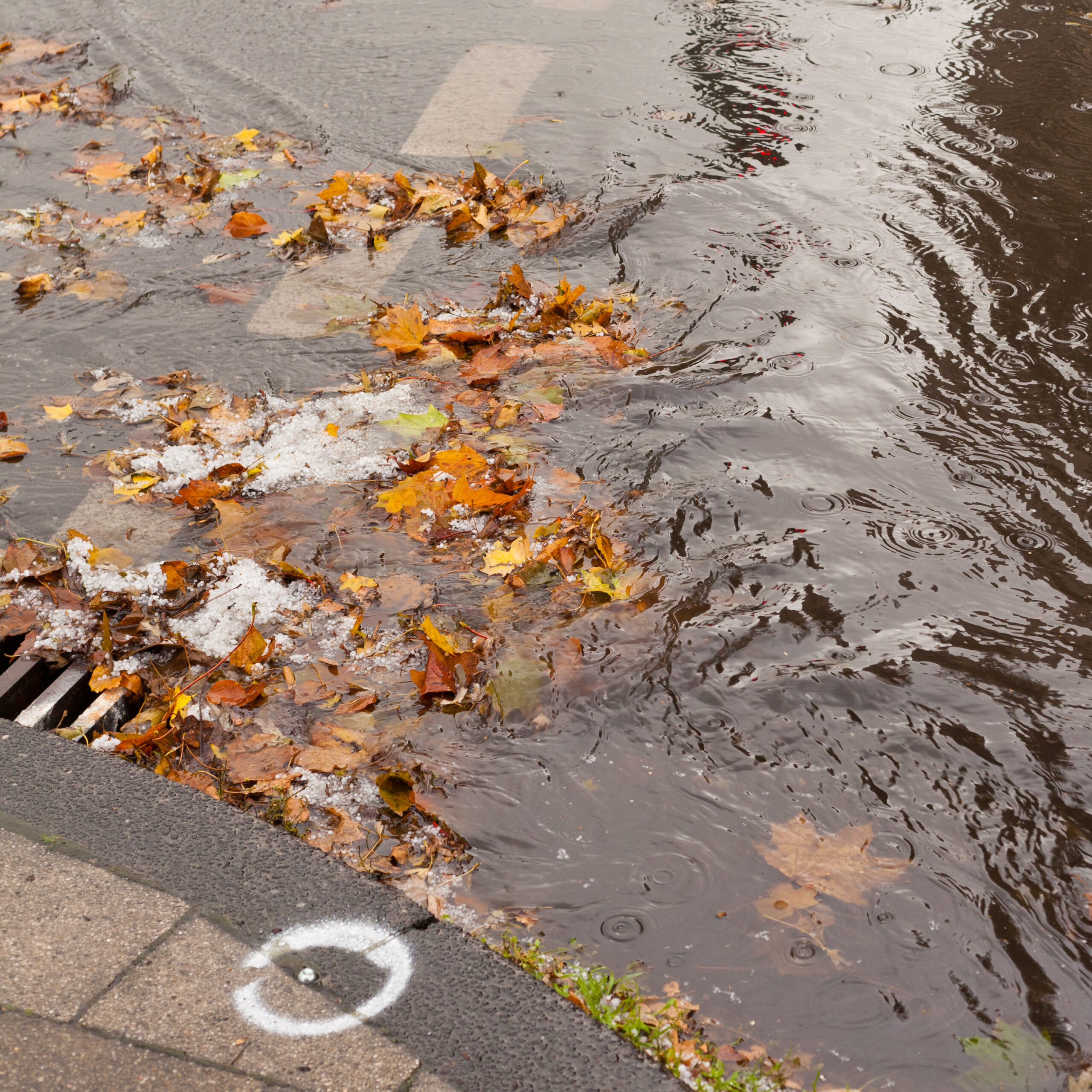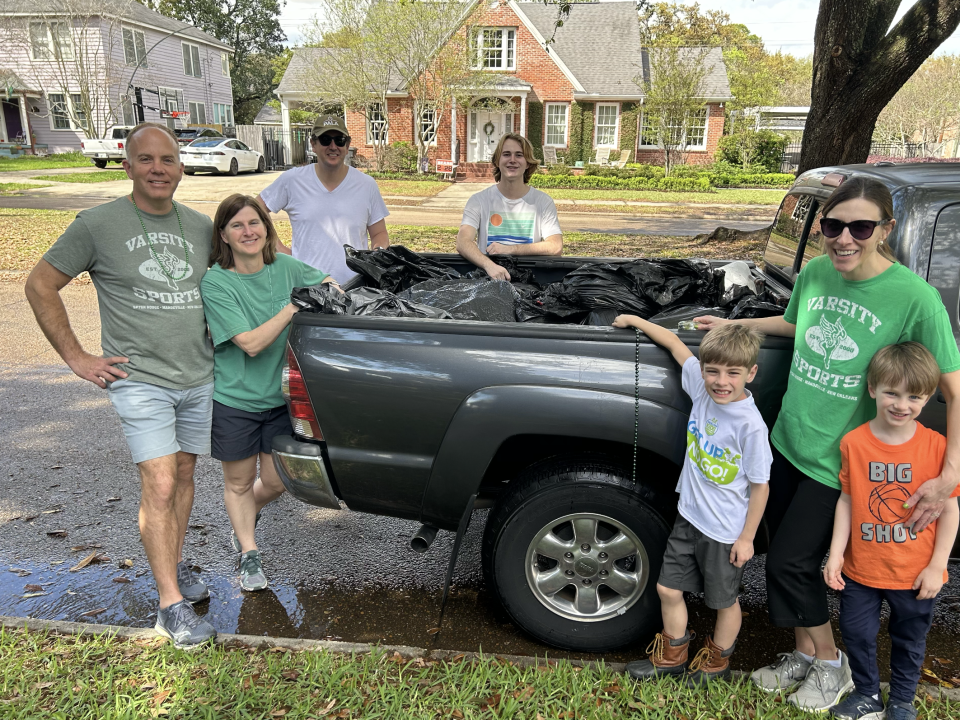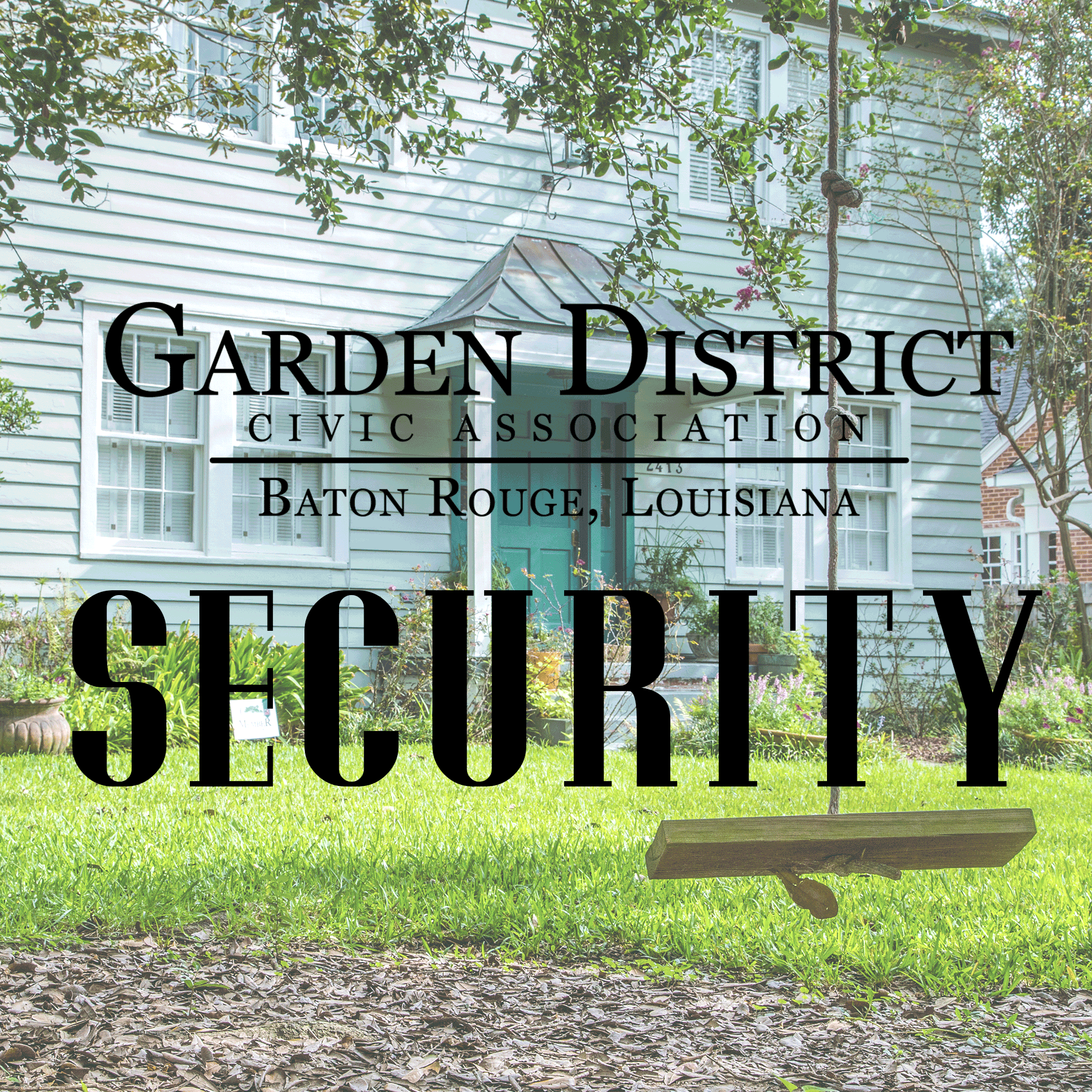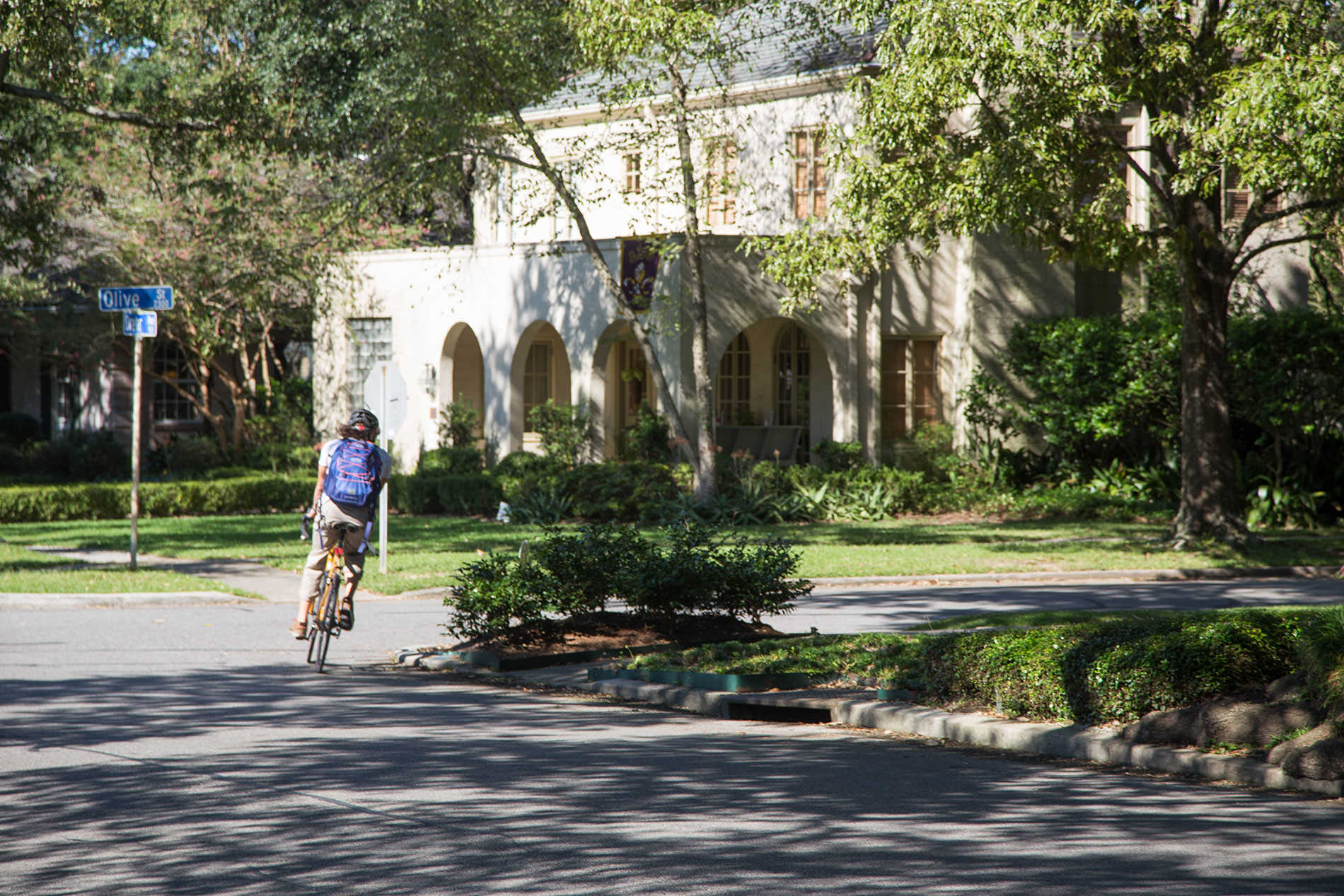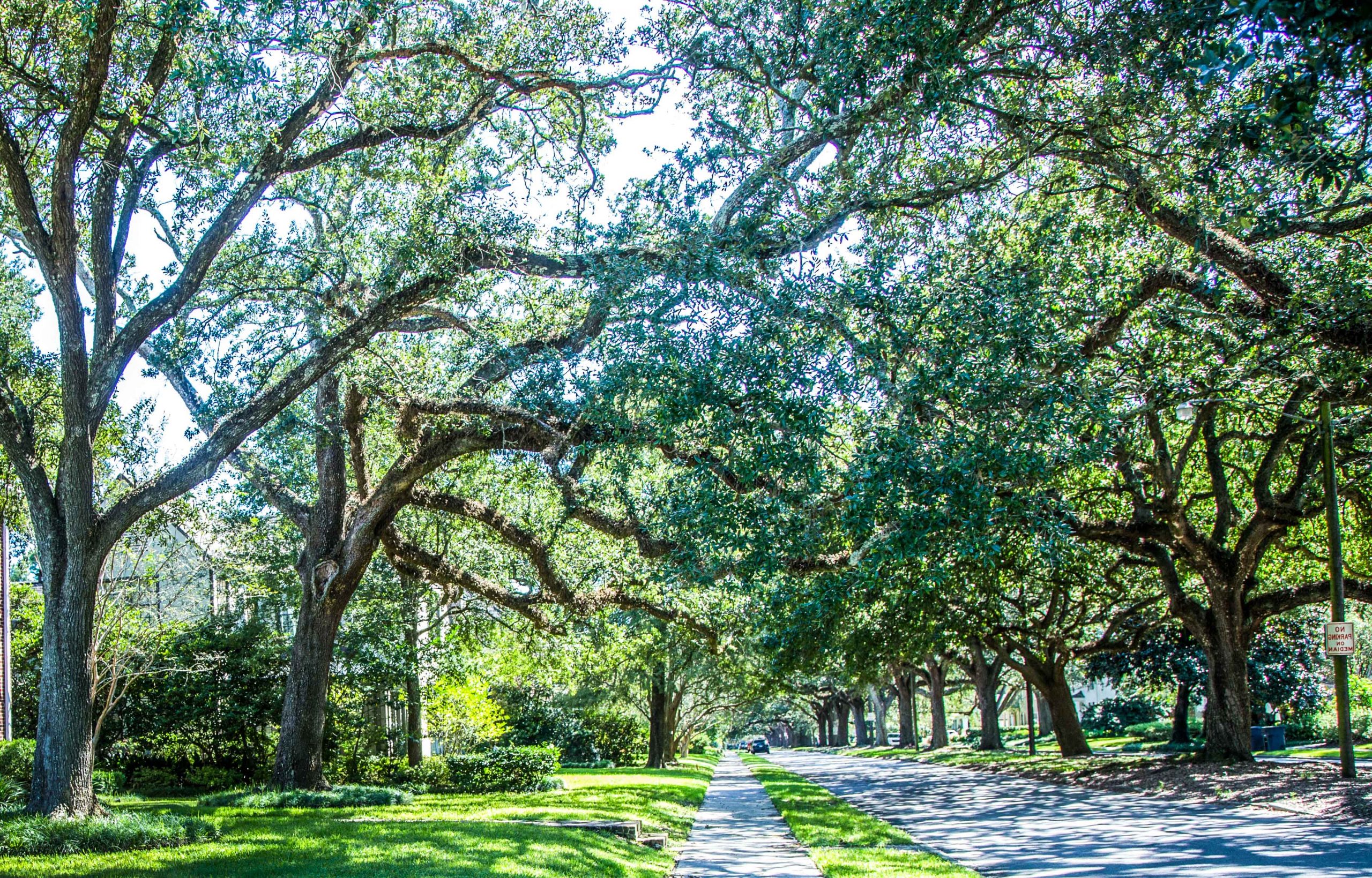The morning of June 6 brought unexpected amounts of rainfall to the city and the Garden District did not escape the deluge. Streets that had never flooded before, saw feet of water pouring over the pavement into automobiles, under houses, and sadly into some homes. The large amount of rain could not drain fast enough to prevent the water from causing damage to homes and autos. One of the reasons cited for the lack of drainage is the clogged storm drains throughout the neighborhood. Compacted leaves, grass clippings, litter, and dirt were just some of the materials found by neighborhood residents who took it upon themselves to attempt to clear some of the drains before Tropical Storm Barry made landfall. Drainage issues are the responsibility of City Parish government but we can all do our part in helping to maintain the storm drains. The following information is taken from the City of Baton Rouge, Environmental Services Department.
Storm Drains Do’s and Don’ts.
If you have curbs and gutters near your home or business, they likely lead to a storm drain. Storm drains are the metal grates found on local streets and transport anything that is washed or dumped from nearby properties into stormwater ponds. These ponds then transfer the water directly to nearby rivers and lakes.
Unfortunately, it’s not a perfect system. Contaminated stormwater can flow from rooftops, paved streets, sidewalks and parking lots, across bare soil, through lawns, and into storm drains. Along the way, it collects and transports soil, pet waste, pesticides, fertilizer, oil and grease, litter, and other pollutants.
Therefore, if there are contaminants in the water that enters storm drains, they too will be washed into local waterways. To make matters worse, discarding trash or sweeping materials such as grass and tree clippings into a storm drain, or onto the street, can cause street-level flooding by clogging your storm drain.
There are some very simple steps you can take to help protect our environment and make our stormwater system easier to manage, as well as less costly to maintain.
- Use lawn chemicals safely. Follow instructions and never apply before rain or watering the lawn, unless directed.
- Pick up after pets. Bring extra bags to pick up and dispose of waste properly.
- Recycle used oil. Never place used motor oil in the trash or pour down storm drains. Instead, bring it to a local recycling location.
- Wash cars on the lawn or at a car wash – not on a driveway or in the street.
- Dispose of debris with a broom instead of a water hose. Hosing can send unwanted debris into your storm drain.
- Keep litter and yard debris clear from storm drains. Litter is easily carried into storm drains and waterways by wind and rain.
- Secure items intended for trash and recycling pickup. Wind could easily blow these items into a storm drain.
- Properly store household items. Repackage leaking containers and secure other household items to prevent them from falling over and leaving your property.
- Sweep pesticides and fertilizer off hard surfaces and onto your lawn to reduce the likelihood of these substances being washed away in a storm.
To learn more about what’s good for our East Baton Rouge Parish storm drains, download a copy of our stormwater brochure and share it with your neighbors and friends!


